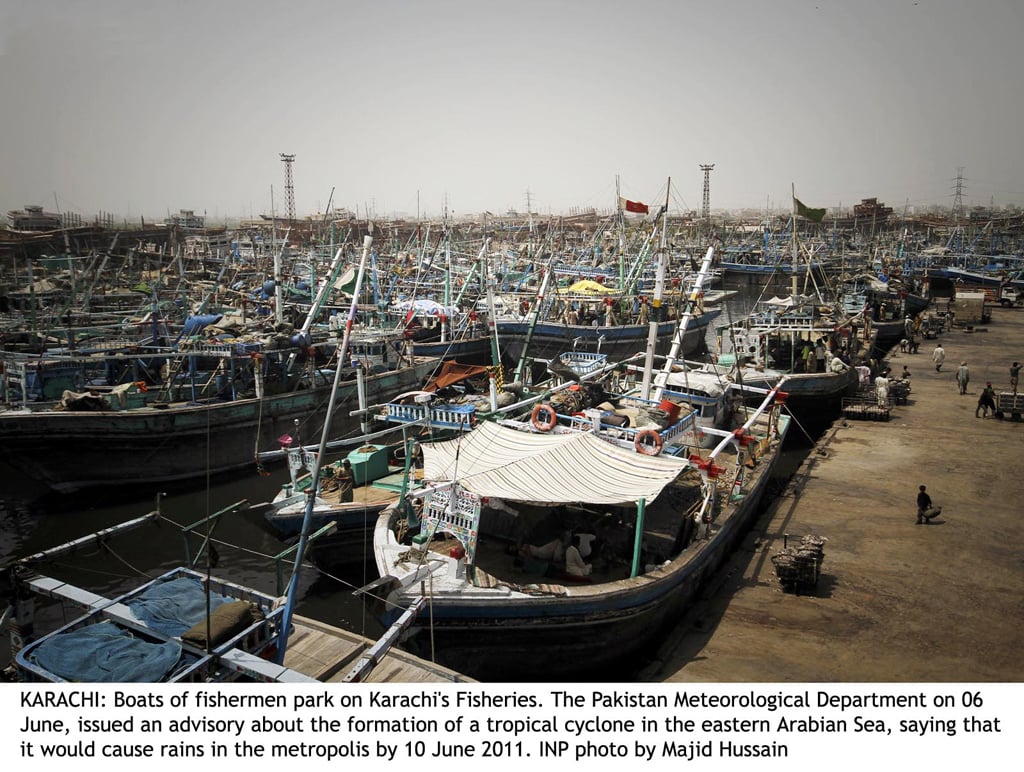

On April 11, the Supreme Court urged the Indian authorities to act in a humanitarian way and release, at least, those that had completed their sentences. For its part, the Indian Supreme Court issued a judgment in March 2010 seeking the release of fisherfolk that Pakistan has detained. Of all the problems faced by India and Pakistan this is, perhaps, the one most susceptible to an early solution. There is to be an international judicial conference in the coming week and an Indian delegation will attend. This would be an ideal forum in which to conduct a dialogue, to explore what mechanisms and protocols there might be in order to resolve the matter. Pakistan has already released 471 Indian fisherfolk but the Indian response was less than generous — they released just 66. This source of tension is largely artificial, and both sides need to acknowledge that the poor fisherfolk of both countries do not and never have, presented a security threat. The fisherfolk are unlikely to be embracing the wonders of modern technology anytime soon, but are always going to need to ply their trade and feed their families. They are not seeking to provoke an international incident and it is usually obvious to the coastguard ships of both sides that they are not discovering a boatload of spies or seaborne terrorists — just simple fisherfolk. This problem could be made to go away relatively easily and we urge both governments to act wisely rather than perpetuating a needless irritation.
Published in The Express Tribune, April 14th, 2014.
Like Opinion & Editorial on Facebook, follow @ETOpEd on Twitter to receive all updates on all our daily pieces.





1732354127-0/Untitled-design-(3)1732354127-0-270x192.webp)


1732344836-0/BeFunk_§_]__-(37)1732344836-0.jpg)








COMMENTS (1)
Comments are moderated and generally will be posted if they are on-topic and not abusive.
For more information, please see our Comments FAQ